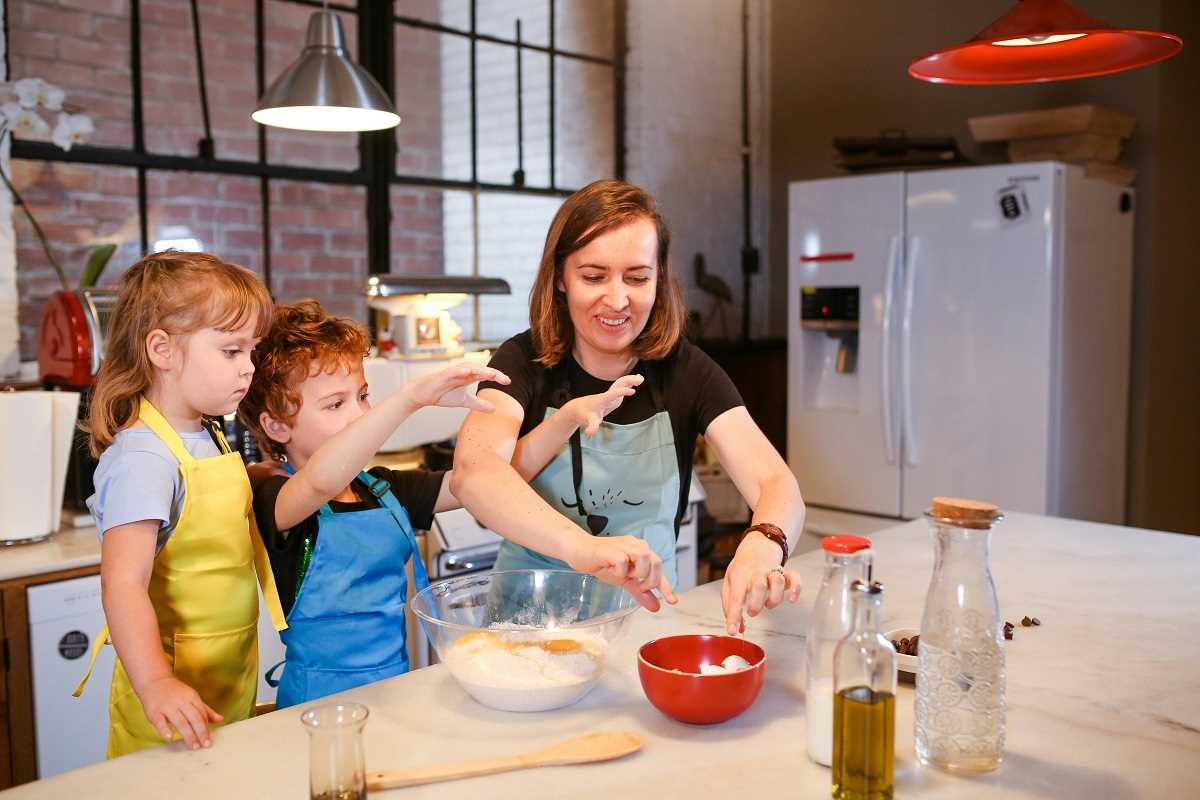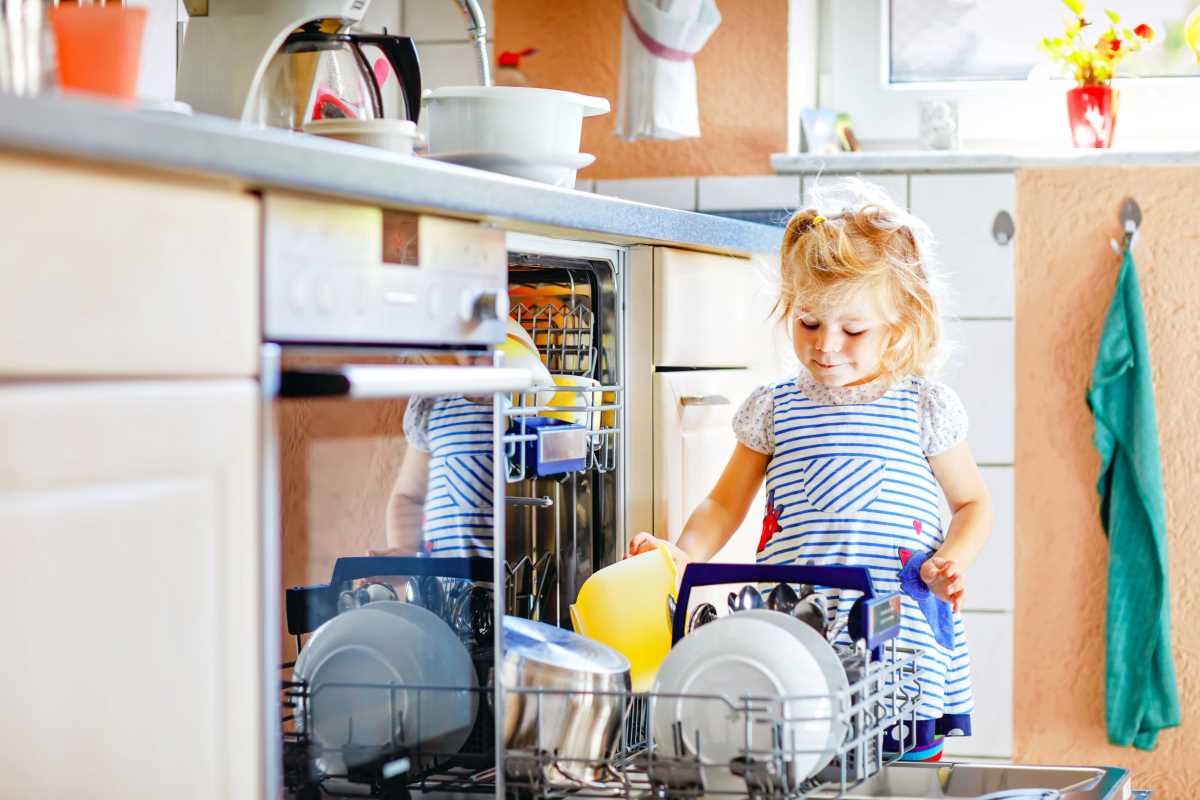Building strong bonds between siblings often begins with working together on everyday tasks. Sharing responsibilities around the house creates moments where siblings can connect and learn to trust one another. When family members work as a team, everyone feels valued and included in the daily rhythm of home life. This article provides practical, easy-to-follow ideas that encourage siblings to support each other while taking on chores and projects together. As siblings practice cooperation and communicate openly, they discover new ways to enjoy each other's company and create lasting memories. These simple steps can nurture a warmer, more connected family environment.
Finding common ground in everyday tasks not only lightens household duties but also creates opportunities for siblings to develop patience, understand each other’s perspectives, and build a lasting bond. When tasks are shared, each person experiences the satisfaction of contributing to something greater than themselves.
The Power of Sibling Bonds
Building connections among siblings adds a layer of support in everyday life. When siblings work together, they learn the value of cooperation and trust while creating memories that can last a lifetime. A strong connection helps everyone navigate challenges both at home and later in life.
Some key benefits of nurturing sibling connections include:
- Better communication that helps resolve disagreements more quickly.
- Greater responsibility as each one learns to care for their shared space.
- Improved problem-solving skills through teamwork during chores and tasks.
- A sense of comfort and security knowing there is always someone who understands.
Choosing Appropriate Shared Responsibilities
Selecting the right tasks for everyone is essential. Shared responsibilities should match each individual's age and skills. Small and manageable duties help younger siblings feel capable, while older siblings can handle tasks that require more decision-making and supervision.
Here are common age-appropriate tasks that can be rotated:
- Younger children can be responsible for tidying up toys and books.
- Children of any age might set or clear the table after meals.
- Siblings can take turns feeding pets or watering plants.
- Regularly cleaning shared spaces like the living room or play area is a good idea.
- Older siblings might organize shelves or help with simple meal preparations.
How to Assign and Rotate Responsibilities
Implementing a rotation system ensures fairness in daily chores. When siblings rotate tasks, they experience doing different duties, which helps them become more flexible and develop a wider range of skills. This method also helps them appreciate each other’s efforts and reduces misunderstandings.
Try creating a weekly schedule on a whiteboard or chart that clearly indicates who is responsible for each task. Talk about the schedule openly and invite everyone to share their thoughts. When siblings help create the schedule together, they feel part of a team, which encourages participation and cooperation.
Promoting Positive Communication and Collaboration
While sharing tasks, siblings should communicate clearly with each other. Small check-ins during chores offer chances to celebrate successes and address issues immediately. Honest conversations about how each person feels about their responsibilities help identify what works well and what needs adjustment. Open communication maintains a smooth flow at home and strengthens sibling bonds, creating an environment where everyone supports each other.
Try fun routines like a “task talk” session, where siblings discuss what went well and what they could change next time. Sharing feedback in a friendly, non-confrontational way makes chores feel less burdensome and more like a team game. This approach helps everyone feel valued and heard.
Handling Disagreements and Conflicts
Even with good plans, conflicts may happen. Sometimes disagreements arise when tasks seem overwhelming or responsibilities are uneven. It is important to address these issues calmly and patiently, focusing on resolving conflicts as they happen rather than letting them build up.
One useful method is for siblings to sit down and talk about their challenges calmly. Encourage everyone to share their feelings without fear of judgment. This approach often leads to creative solutions that work for all involved. When everyone contributes ideas to solve a problem, the solution becomes more acceptable to everyone.
Strengthen Sibling Relationships Through Shared Projects
Turn regular chores into bonding opportunities by adding teamwork-based projects like planting a garden or setting up a play area. Let each sibling take the lead on a task to build confidence and collaboration. These shared experiences create lasting memories and teach valuable lessons about cooperation and support.
 (Image via
(Image via





